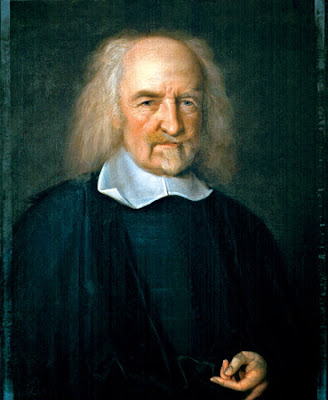“It is evident, that all the sciences have a relation, greater or less, to human nature: and that however wide any of them may seem to run from it, they still return back by one passage or another. Even Mathematics, Natural Philosophy, and Natural Religion, are in some measure dependent on the science of MAN; since the lie under the cognizance of men, and are judged of by their powers and faculties … consequently we ourselves are not only the beings, that reason, but also one of the objects, concerning which we reason.”
– Introduction to David Hume’s “A Treatise of Human Nature” (1739-1740), as written by the author himself
I had heard very little about David Hume, before listening to this audiobook. But after listening to this presentation, I was (and still am) convinced that he is one of the greatest philosophers of all time. His influence was massive, and he wrote on many topics – something that was more common then. For example, he wrote on history, politics, and economics as well as philosophy. But he is most famous for his original contributions to the philosophy of science, and the debate over what is the most reliable foundation of human knowledge. It was in this regard that Immanuel Kant once paid him a heartfelt compliment. Kant said that “the suggestion of David Hume was the very thing, which many years ago first awakened me from my dogmatic slumber.” (See the full quote and its citation here.)










